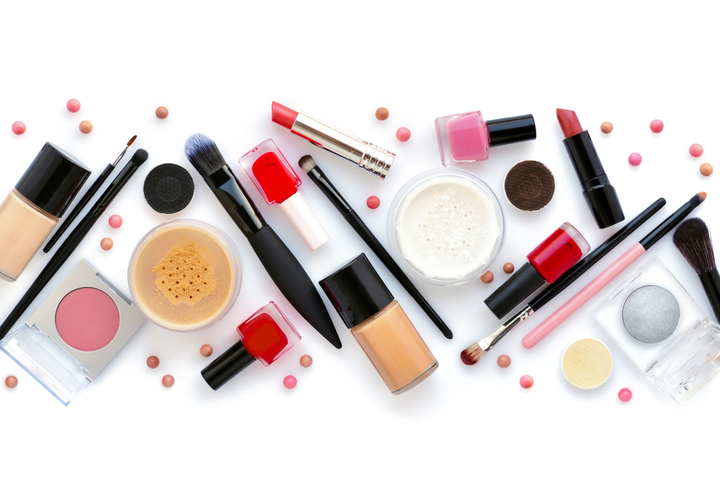Empower Your Wellness Journey
Discover tips and insights for a healthier lifestyle.
Cosmetics Confessions: Secrets Your Makeup Bag Won't Tell You
Uncover the hidden truths of your makeup bag! Discover secrets that will transform your beauty routine and elevate your glam game.
The Hidden Truths Behind Your Favorite Foundations: What They’re Not Telling You
When it comes to choosing the right foundation, many consumers focus solely on shade, coverage, and texture. However, the hidden truths behind your favorite foundations often go unnoticed. For instance, not all foundations are created equal; many contain a cocktail of ingredients that can affect your skin's health. According to a Healthline article, common components like parabens, silicones, and fragrances can lead to irritation and long-term skin issues for some individuals. It's essential to scrutinize the ingredient list and be aware of potential allergens or irritants, especially if you have sensitive skin.
Moreover, the marketing tactics behind these products can be misleading. Some brands emphasize their 'long-lasting' formulations without disclosing the heavy-duty chemicals used to achieve this longevity. For example, a report from Elle reveals that while some foundations boast extended wear, they may also contain substances that can clog pores and trigger breakouts. It's crucial for consumers to understand that the promise of flawless skin could come at a price. Always research and read labels to ensure that your favorite products align with your skin's needs and values.

5 Makeup Myths Busted: What Your Products Wish You Knew
Makeup has been an integral part of beauty routines for centuries, but with so much conflicting information out there, it's easy to fall prey to common misconceptions. In this article, we’re busting 5 makeup myths that might be holding you back from achieving your desired look. For instance, many believe that using a thicker foundation will provide better coverage, but in reality, layering products strategically often yields a more natural finish. The key lies in choosing the right products and knowing how to apply them effectively, rather than piling on more makeup.
Another prevalent myth is that all primers serve the same purpose. In truth, there are various types of primers designed for different skin types and desired effects. For example, matte primers are great for oily skin, while illuminating primers can give dry skin a much-needed glow. Understanding the science behind primers can help you select the right one for your complexion. By debunking these myths and seeking out factual information, you'll be well on your way to optimizing your makeup routine and looking your best.
Is Your Makeup Bag a Health Hazard? 7 Signs to Look Out For
Your makeup bag might seem like a harmless collection of beauty essentials, but it can actually harbor a range of health hazards. Over time, makeup products can break down and become a breeding ground for bacteria and mold, which can lead to skin irritations and infections. Here are 7 signs that your makeup may be putting your health at risk:
- Expired Products: Check the expiration dates on your makeup. Most cosmetics have a shelf life of around 3-5 years, and using expired products can cause skin issues. For more details, visit Healthline.
- Foul Odor: If your makeup smells off, it's time to toss it. A change in smell can indicate bacterial growth.
- Discoloration: Changes in color signal that your product may no longer be effective.
- Separation: If liquids have separated in your products, they are likely past their prime.
- Clumping: Mascara or eyeliner that clumps can harbor bacteria.
- Skin Reactions: If you notice increased breakouts or irritation, it may be time to check the age and condition of your products.
- Shared Products: Sharing makeup can lead to the transfer of germs. Always use your own products.